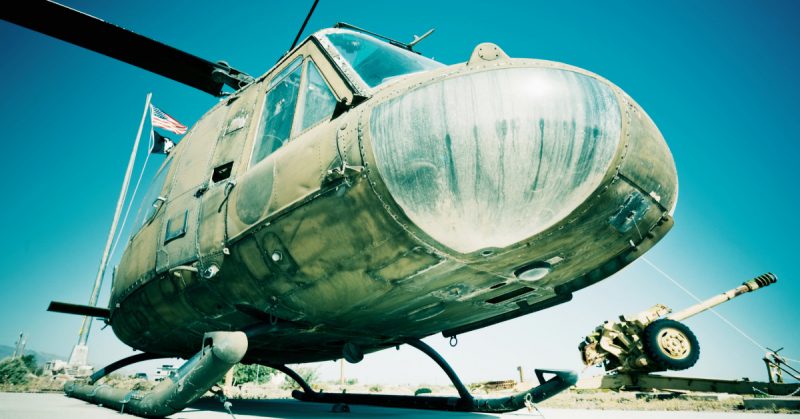After the final shots are fired in a war and the armistice is signed, there are still unanswered questions looming about what to do with all of the leftover arms, vehicles, and munitions.
In February 1942, at the height of the Second World War, General George C. Marshall created the Sierra Army Depot at the behest of the United States military and using General Order Number 9. Its motto, even today, is “Readiness since 1942.”
The word “Sierra” refers to the location of this American military depot as it’s nestled east of the Sierra Nevada Mountains. Its primary operation is the storage of supplies.
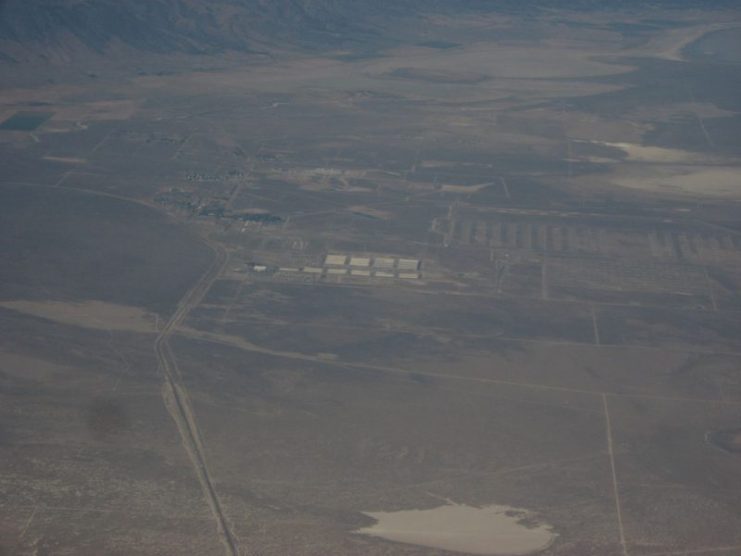
In 1947, the Depot was expanded to include the complete demilitarization of weapons and ammunition. This expansion also included both live and demilitarized munitions from the Korean War.
The Depot also played a vital role throughout the Vietnam War, Operation Iraqi Freedom, and Operation Enduring Freedom.
It shipped containers of supplies overseas as its mission widened to include both wheeled and tracked tactical vehicles, fuel systems, maintenance equipment, and hospital supplies.
The inventory at the Sierra Ordinance Depot includes items as large as the M1-Abrams tanks to items as small as individual bolts. These weapons are repaired and sent off to the troops for use on the battlefield.
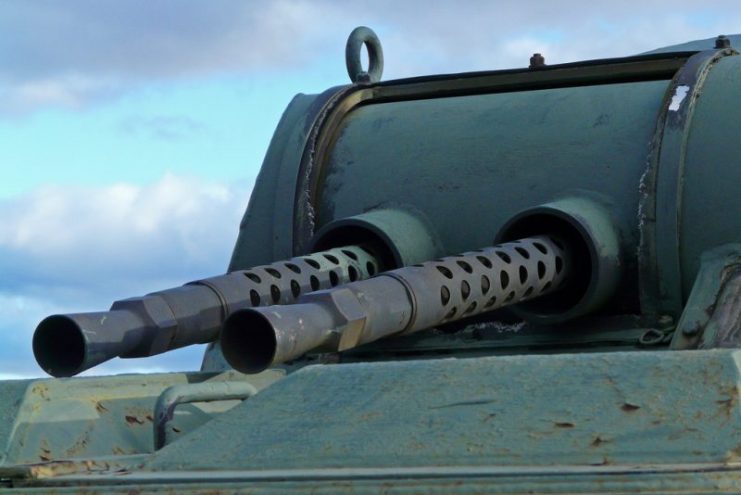
The location for the Sierra Army Depot is of strategic importance. One of several storage facilities, it was constructed far enough inland to be kept safe from Japanese attack. This also met the requirement that the Depot be both isolated and in a dry area.
https://youtu.be/Vk15UGShyOg
The Depot is located in the unincorporated community of Herlong California situated off State Highway 395. It covers 36,000 acres, at 40°15′58.19″N 120°09′09.43″W.
The northern border rests at the base of Hot Springs Peak, which is a 7654-foot (almost 2,333-meter) mountain located in the Skedaddle Wilderness Study area.
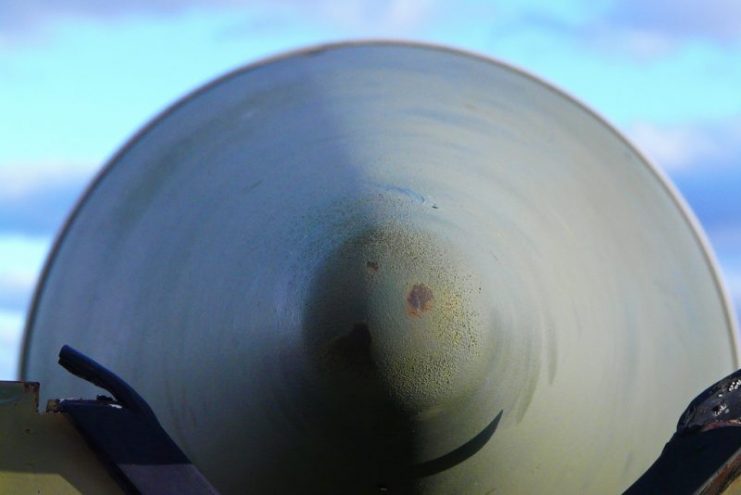
The Sierra Army Depot’s terrain is composed mostly of the arid Great Basin desert, but this becomes the mountains of the Skedaddle Wilderness Study Area in the northeast.
The temperatures in the area swing dramatically all year round, with summer temperatures reaching blistering triple digits while night-time temperatures can approach freezing.
Today, the primary mission of the Sierra Army Depot is as a rapid deployment center for Department of the Army facilities. It also provides logistical support for expeditionary Army and Joint Force personnel all over the world.
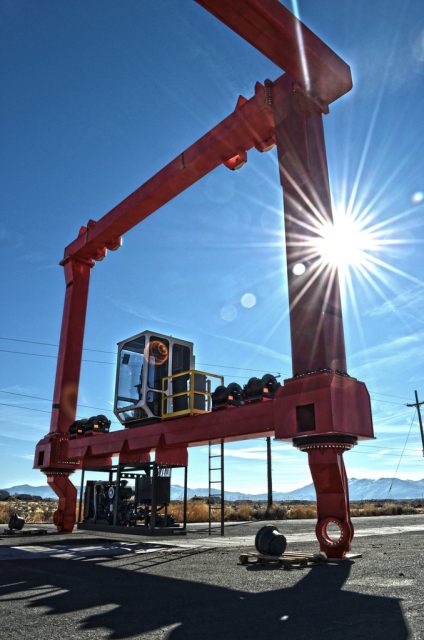
The Sierra Army Depot boasts one of the largest maintenance capabilities in the Army to support its use as a re-utilization, retrograde, and redistribution facility.
It has facilities and capabilities for Mig, Tig, and Arc welding, as well as media blasting, media painting, care of supplies storage (COSIS), rebuild and reset fabrication, machining, and corrosion control.
Both assets and equipment are deployed from the Depot using a massive transportation network that includes commercial and military aircraft, trucks and rail.
The Sierra Army Depot can provide service for all of these methods of transportation through rail access, a fleet of trucks, and the use of the Amedee Army Airfield.
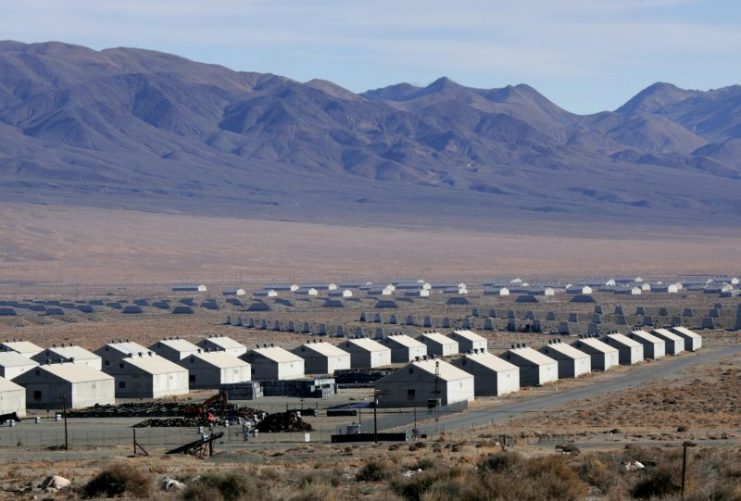
Read another story from us: Worst Weapons of WWII – Luckily Some Were Never Used
Unfortunately, due to the nature of the Depot, public access is necessarily limited. It is possible to visit the depot, and non-military personnel can fill out a visitor request form.
All forms must be faxed to 530 827-4675, and submitted two days (or 48 hours) prior to the requested visitation time.
